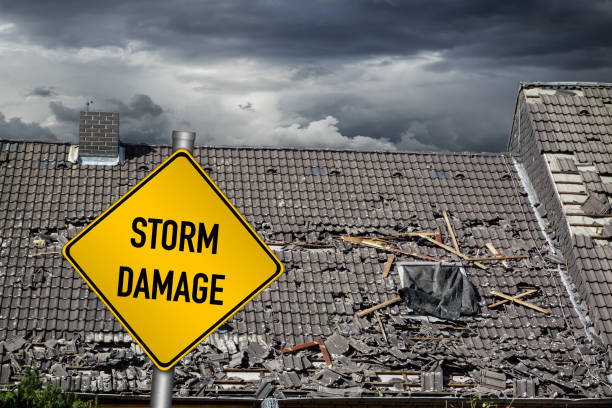When a hurricane ravages your property, you turn to your insurance company for relief, trusting they’ll honor the policy you’ve paid for. Too often, though, insurers respond with tactics that prioritize their profits over your recovery—delays, denials, or pitiful offers. These moves can cross into “bad faith,” a legal violation that gives you leverage to fight back. Protecting yourself from these practices is key to getting what you’re owed after a storm.
Bad faith happens when an insurer unreasonably refuses to pay a valid claim, delays it without cause, or mishandles the process to your detriment. After a hurricane, this might look like an adjuster claiming your wind-damaged roof isn’t covered, even though your policy says otherwise. Or they might sit on your claim for months, citing a backlog, while you’re stuck in a hotel. In states like Florida and Texas—hurricane magnets—courts have slammed insurers for such stunts, awarding policyholders extra damages.
Spotting bad faith starts with knowing your rights. Your insurer must investigate promptly, fairly, and thoroughly. If they deny your claim, they owe you a clear, written explanation tied to your policy—not vague excuses. After Hurricane Irma, some companies dodged payouts by calling all damage “flood-related,” despite wind evidence. If their reasoning doesn’t hold up, that’s a red flag. Document their response—every letter, email, or call log strengthens your case.
Evidence is your shield. Photograph your property right after the storm—shattered windows, soaked carpets, whatever’s hit. Time-stamp these and back them with weather data showing hurricane conditions at your address. If the insurer’s adjuster visits, record what they see and say; their report might later twist the facts. Independent assessments from contractors or engineers can contradict a lowball estimate, proving the insurer’s offer was off-base. This prep work turns a he-said-she-said into a winnable fight.
Delays are a classic bad faith move. If weeks pass with no action—say, no inspection or payment—track every interaction. A pattern of stalling can violate good faith laws, especially if you’re incurring costs like temporary housing. Policies often cover these “additional living expenses,” but insurers might ignore them unless pressed. After Hurricane Harvey, some policyholders won big when courts found insurers dragged their feet to force quick, cheap settlements.
Lowball offers are another trap. An insurer might send a check for $5,000 when repairs top $50,000, hoping you’ll cash it and waive further claims. Don’t sign anything without reviewing it—settlement releases can lock you in. A lawyer can spot this ploy and negotiate harder, using your evidence to demand fair value. If the insurer doubles down, bad faith litigation can add penalties to your payout.
For immigrants or small business owners—think clients of Leon Immigration Lawyers—bad faith hits harder. Language gaps or shaky finances make it easier for insurers to exploit you. A denied claim might shutter a fledgling shop or displace a family. Legal help evens the odds. Attorneys who know hurricane claims can sue for bad faith, often on contingency—no upfront fees, just a cut of the win. In some states, you can also recover attorney costs, sweetening the deal.
Protecting yourself means acting fast. File your claim within the policy’s deadline—usually 30 to 60 days—and keep pushing. If the insurer stonewalls, don’t wait—consult a lawyer before evidence fades or deadlines pass. Bad faith isn’t just unfair; it’s illegal, and courts don’t mess around when insurers cross the line.
Hurricanes test your resilience, but insurers shouldn’t test your patience. With solid proof and legal backup, you can flip their bad faith into your victory, securing the recovery you deserve.

